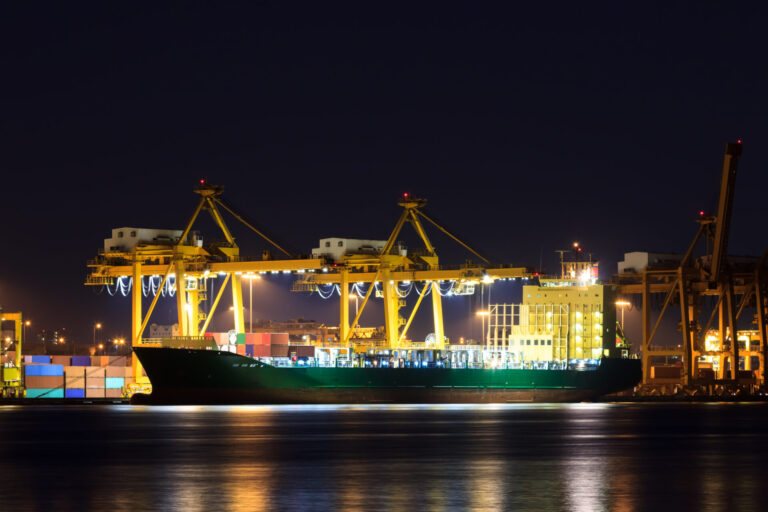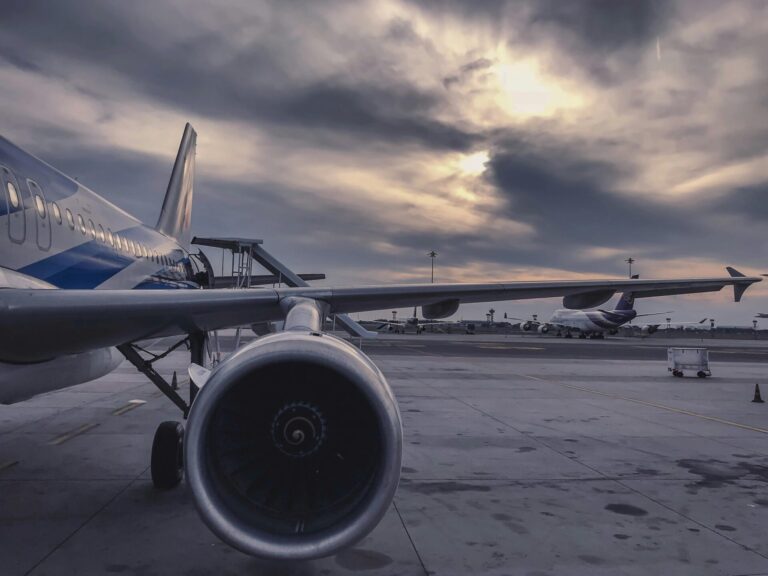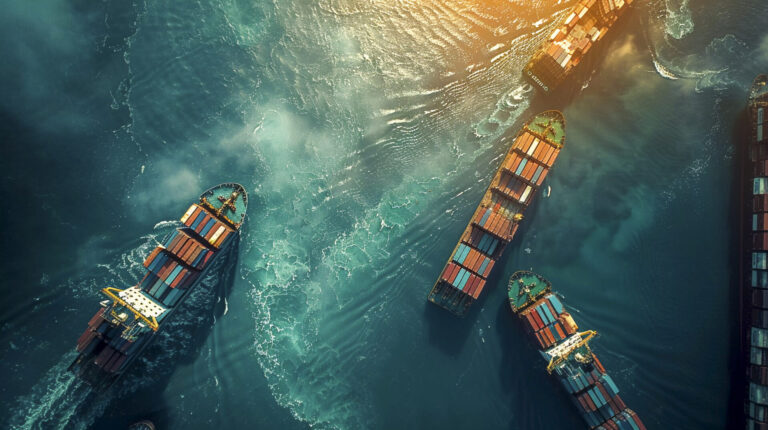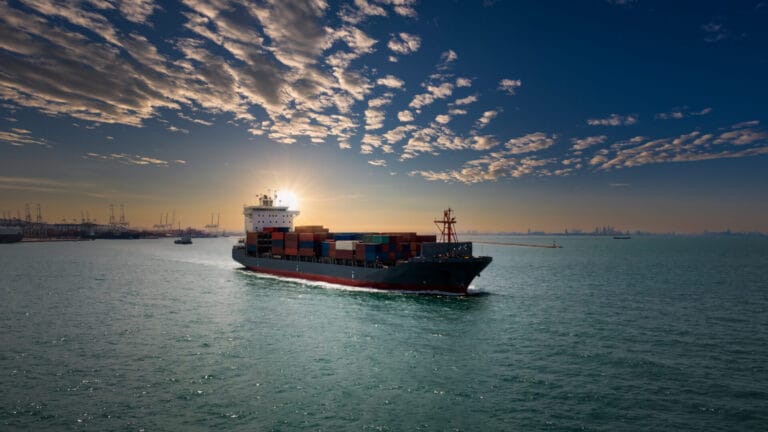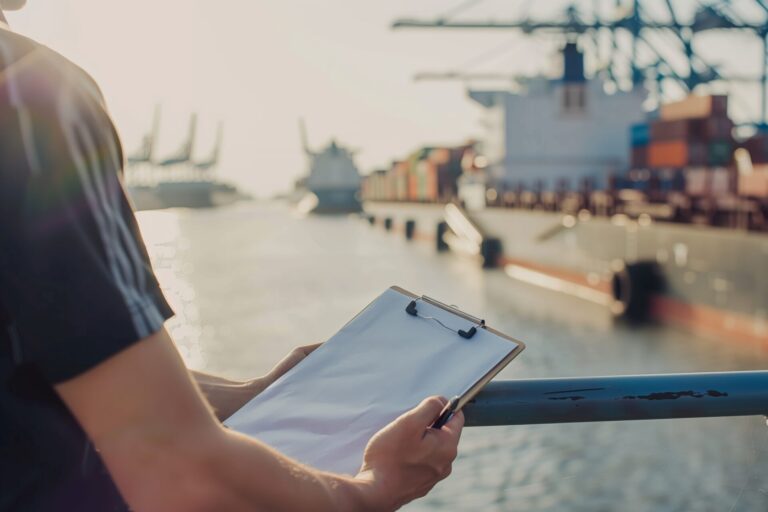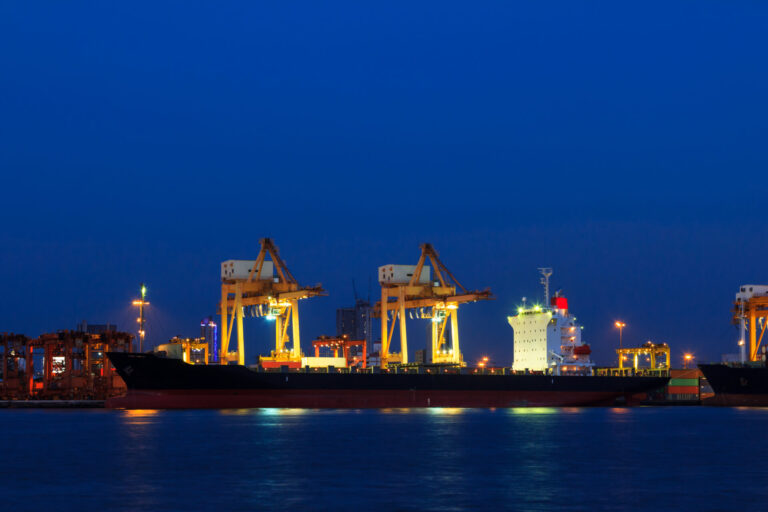How Does International Ocean Freight Shipping Work?
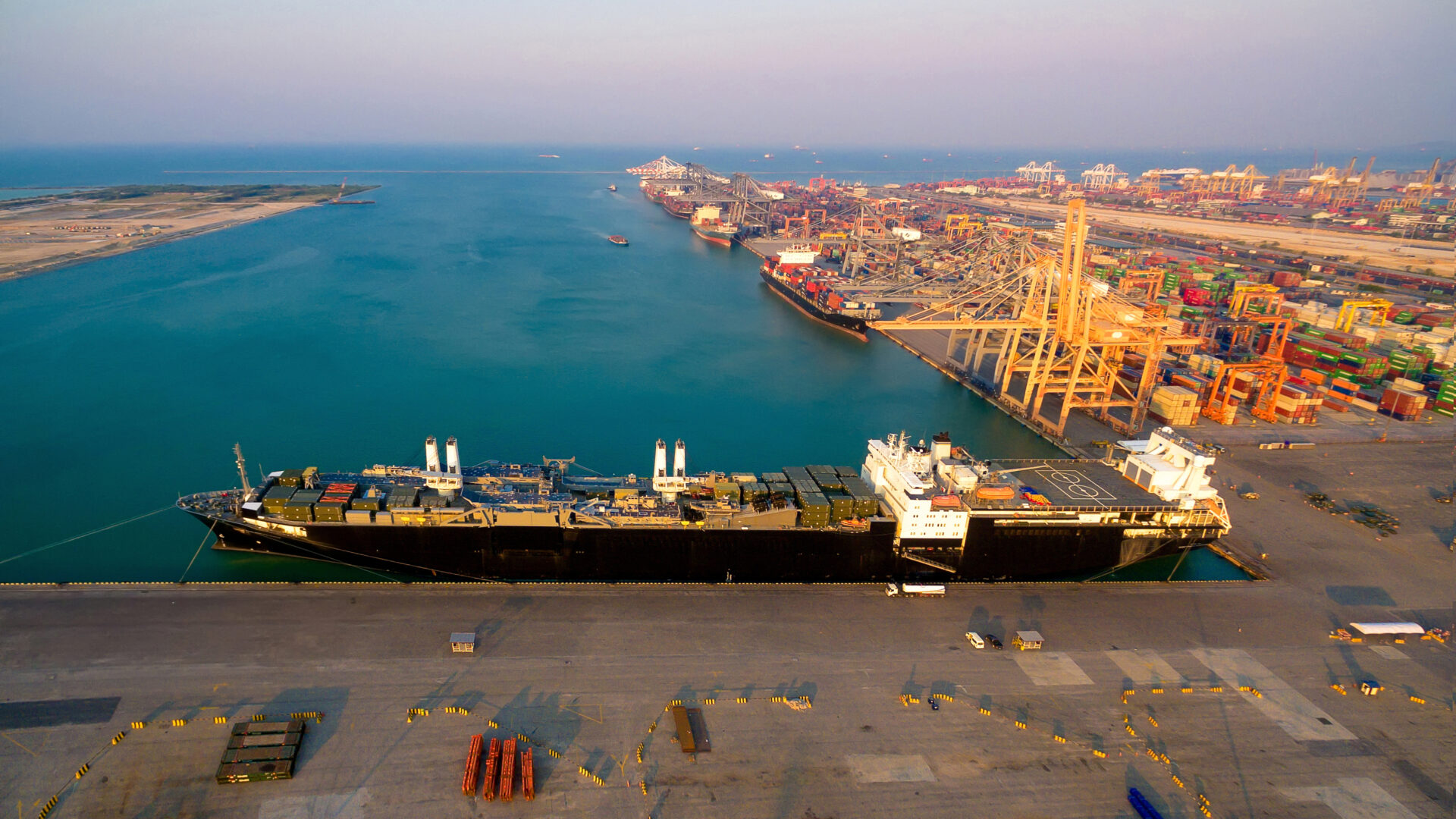
International ocean freight shipping is a crucial element in global trade. For businesses in Pakistan, understanding how ocean freight works is vital for smooth and cost-effective logistics.
Whether you’re in Karachi, Lahore, or any other major city, knowing the intricacies of ocean freight can help you make informed decisions about international trade and logistics.
This article explains how ocean freight works and provides insights into using services like Galaxefi to streamline the shipping process.
Introduction to International Ocean Freight
Ocean freight refers to the shipping of goods via large cargo vessels across the world’s oceans. This mode of transportation is responsible for over 80% of global trade by volume.
For Pakistani businesses, ocean freight provides an affordable, efficient, and reliable way to transport bulk goods internationally.
Whether importing raw materials or exporting finished products, ocean freight is often the best choice for cost-effective global trade.
Key Stages of International Ocean Freight Shipping
Understanding the logistics of international ocean freight involves knowing the key steps from booking a shipment to its final delivery. Here’s an overview of the process:
1. Booking the Shipment
The process begins by booking a shipment with a freight forwarder or directly with a shipping company. Businesses in Karachi or Lahore typically work with freight forwarders who manage the transportation, documentation, and customs clearance for you.
There are a few options when booking:
Full Container Load (FCL): If your shipment is large enough to fill an entire container, this is the best choice.
Less than Container Load (LCL): If your shipment is smaller and does not require a full container, LCL is a more affordable option where goods share space with others.
You can learn more about various ocean freight types to help determine the best option based on your cargo needs
2. Preparing the Goods for Shipment
Once booked, it’s time to prepare the goods for transport. This includes packing, labeling, and ensuring that the goods are properly secured for the long journey.
For perishable items, such as fruits or pharmaceuticals, businesses often use reefer containers (refrigerated containers).
Breakbulk shipping may be required for oversized or heavy items. In this type of shipping, goods are loaded individually onto the ship, often using cranes.
3. Export Customs Clearance
Before the goods can leave Pakistan, they must clear export customs. This involves ensuring that the goods comply with Pakistani export laws and regulations. The following documents are typically required:
Commercial invoice
Bill of lading
Packing list
Certificate of origin
Export permits, if applicable
Freight forwarders often assist businesses with customs clearance, ensuring that all documentation is accurate and complete, preventing delays.
4. Loading the Cargo onto the Vessel
Once cleared by customs, the goods are transported to the port, usually Karachi Port or Port Qasim. Here, they are loaded onto the vessel.
If the shipment is containerized (FCL or LCL), the goods are loaded into containers that are securely stowed on the ship. For breakbulk shipments, goods are loaded onto the ship individually.
Port operators manage the loading process, ensuring that all cargo is securely placed on the vessel to prevent damage during transit.
5. Sea Transit
Once the cargo is loaded, it begins its journey across the sea to the destination port. Depending on the shipping route and distance, sea transit can take several weeks. For instance, shipments from Karachi to Europe or the U.S. typically take anywhere from 20 to 40 days.
Businesses can track their shipments during transit through freight forwarders or shipping companies that provide updates on the cargo’s status.
6. Arrival at the Destination Port
Upon arrival at the destination port, the goods must undergo import customs clearance, which ensures that they comply with the country’s regulations.
Customs duties and taxes may be assessed, and any required documents, such as the bill of lading and commercial invoice, must be provided.
If the goods are time-sensitive, such as perishable products, businesses must act quickly to prevent spoilage. For example, reefer containers need to be unloaded and delivered as soon as possible to maintain the cold chain.
7. Delivery and Unloading
After clearing customs, the goods are transported to their final destination, whether it’s a warehouse, distribution center, or directly to the buyer. The unloading process is handled by port authorities or logistics companies, ensuring that goods are safely delivered.
8. Paying for Ocean Freight Services
The final step is settling payment for the ocean freight services. Costs vary based on factors such as shipment size (FCL vs. LCL), distance, type of cargo, and port fees.
Businesses should be aware of the ocean freight charges associated with different shipment options to ensure they are getting the best value.
Pakistani businesses can negotiate rates with freight forwarders or shipping companies to find the best deal for their shipments.
Why Choose Galaxefi for Ocean Freight Services?
For Pakistani businesses, especially those in Karachi, Lahore, or other cities, Galaxefi offers a comprehensive platform to simplify ocean freight. Galaxefi provides businesses with:
User-Friendly Booking System: Easily book ocean freight shipments through Galaxefi’s intuitive platform.
Cost-Effective Solutions: Galaxefi offers competitive rates for both FCL and LCL shipments, allowing businesses to save money.
Real-Time Tracking: Galaxefi’s tracking features keep you updated on the status of shipments, ensuring you never lose sight of your cargo.
Customizable Services: Galaxefi offers customized solutions for your needs, whether you need reefer containers for temperature-sensitive goods or breakbulk shipping for heavy machinery.
With Galaxefi’s Ocean Freight Services, businesses can streamline their supply chain, reduce costs, and ensure smooth delivery of goods from Karachi or Lahore to any international destination.
Conclusion
International ocean freight shipping plays a pivotal role in global trade and is essential for Pakistani businesses. By understanding the steps involved in the shipping process—booking, preparing goods, customs clearance, and delivery—Pakistani businesses can optimize their logistics, reduce costs, and improve efficiency.
Choosing a reliable service like Galaxefi can further enhance the process, offering an efficient, cost-effective, and transparent solution for ocean freight shipping.
Leveraging the power of ocean freight services, especially through Galaxefi, can make the process more seamless for businesses looking to expand globally. This allows them to focus on growing their business while leaving the logistics complexities to experts.

